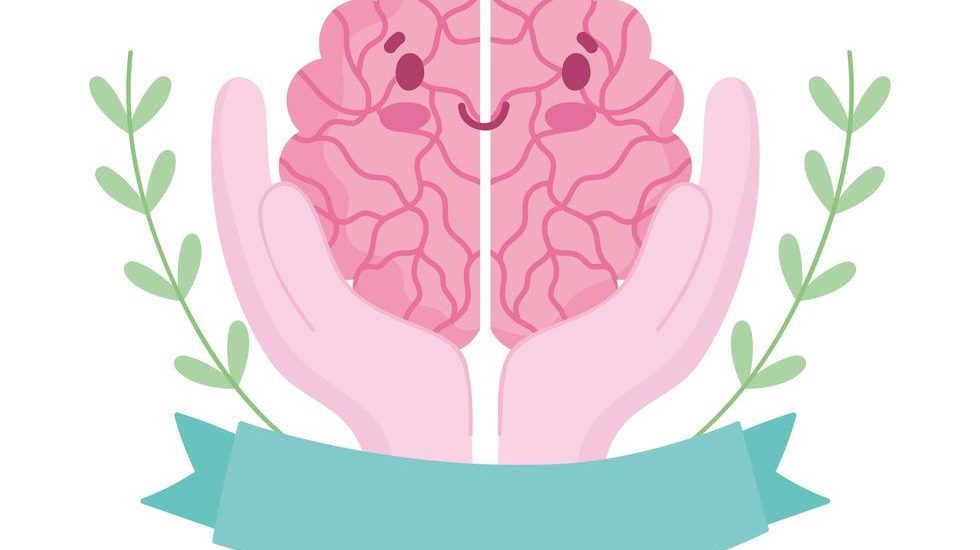Stress is an inevitable part of life, but how you respond to it can make a significant difference in your overall well-being. Whether it’s work deadlines, financial pressures, or personal challenges, stressful times can take a toll on your mental health. That’s why managing mental health during these periods is crucial for maintaining balance and resilience.
The good news is that there are practical strategies you can use to navigate stress and protect your mental health. Here are five effective tips for managing mental health during stressful times.
1. Acknowledge Your Feelings
The first step in managing mental health during stressful times is to acknowledge and validate your emotions. It’s normal to feel overwhelmed, anxious, or even frustrated when life becomes challenging. Suppressing or ignoring these feelings can make them worse over time.
Instead, take a moment to identify what you’re feeling and why. Journaling can be a helpful tool for processing emotions. Writing down your thoughts allows you to gain clarity and perspective, which can reduce the intensity of your stress.
If you’re struggling to manage your emotions, consider talking to a trusted friend, family member, or mental health professional. Sometimes, simply sharing your feelings can provide relief and help you feel less alone.
2. Practice Stress-Relief Techniques
Stress-relief techniques are essential for managing mental health during difficult times. These practices can help calm your mind, reduce physical tension, and improve your ability to cope with challenges.
Some effective stress-relief techniques include:
- Deep Breathing: Take slow, deep breaths to activate your body’s relaxation response.
- Meditation: Spend a few minutes each day focusing on your breath or using a guided meditation app.
- Progressive Muscle Relaxation: Tense and release each muscle group in your body to relieve physical stress.
Even small moments of relaxation can make a big difference. For more ideas on stress management, visit the American Psychological Association (APA).
3. Maintain a Healthy Routine
During stressful times, it’s easy to let go of your usual routines. However, maintaining a consistent schedule can provide a sense of stability and control, which is essential for managing mental health.
Focus on the basics:
- Sleep: Aim for 7-9 hours of quality sleep each night. A well-rested mind is better equipped to handle stress.
- Nutrition: Eat balanced meals that include plenty of fruits, vegetables, and whole grains. Avoid excessive caffeine and sugar, which can worsen anxiety.
- Exercise: Physical activity is a natural stress reliever. Even a short walk or gentle yoga session can boost your mood and energy levels.
By prioritizing these foundational habits, you’ll create a strong base for mental resilience.
4. Limit Exposure to Stress Triggers
While some stressors are unavoidable, others can be minimized or managed. Take a moment to identify the sources of stress in your life and consider how you can reduce their impact.
For example:
- Set Boundaries: If work demands are overwhelming, communicate your limits to colleagues or supervisors.
- Take Breaks from News and Social Media: Constant exposure to negative news or online conflicts can increase stress. Limit your screen time and focus on uplifting or neutral content instead.
- Organize Your Environment: Clutter and disorganization can contribute to feelings of overwhelm. Spend a few minutes tidying up your space to create a calmer atmosphere.
By taking proactive steps to reduce stress triggers, you’ll create more room for peace and balance in your life.
5. Seek Support When Needed
One of the most important aspects of managing mental health is recognizing when you need help. Stressful times can feel isolating, but you don’t have to face them alone.
Reach out to friends, family, or support groups for emotional support. Sometimes, simply talking to someone who cares can make a world of difference.
If stress becomes overwhelming or starts to interfere with your daily life, consider seeking professional help. Therapists and counselors can provide tools and strategies to help you navigate challenges and improve your mental health. For resources on finding a mental health professional, visit Mental Health America.
Why Managing Mental Health Matters
Stressful times are a part of life, but they don’t have to define your mental health. By acknowledging your feelings, practicing stress-relief techniques, maintaining healthy routines, limiting stress triggers, and seeking support, you can build resilience and protect your well-being.
Remember, managing mental health is an ongoing process. Be patient with yourself and take small, consistent steps toward self-care.
If you’re looking for personalized guidance, my private practice in Melrose, MA is here to help. I offer consultations to support individuals in managing stress and improving their mental health. Visit my services page to learn more about how I can assist you.
External Resources for Managing Mental Health:
Take the first step today—your mental health matters, and you deserve to feel your best.

